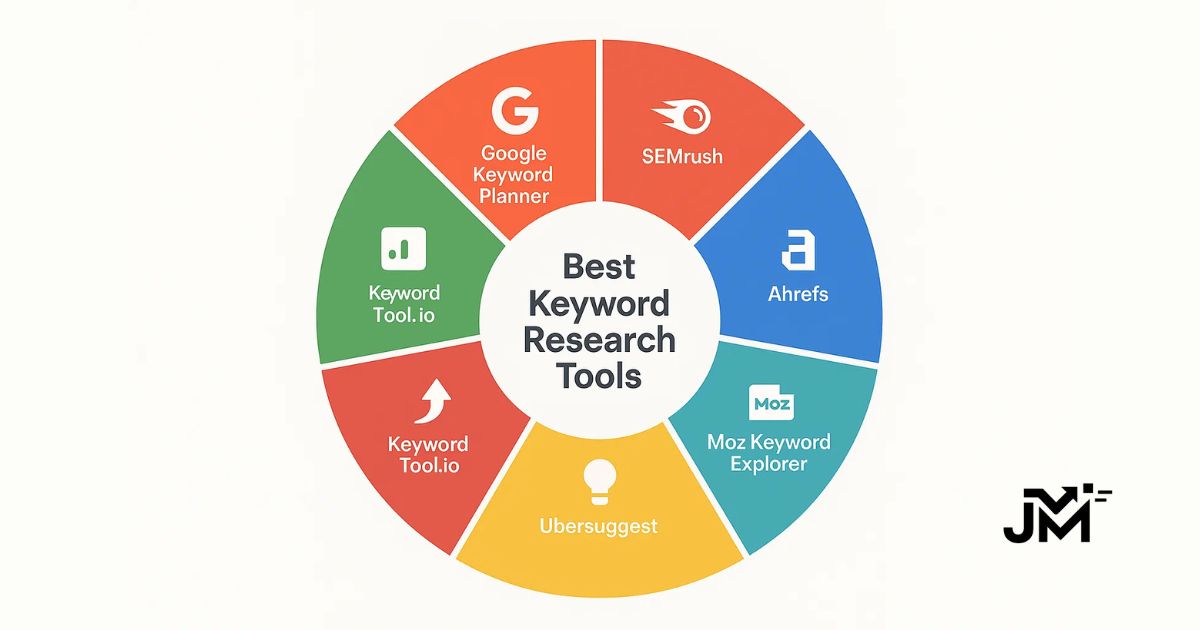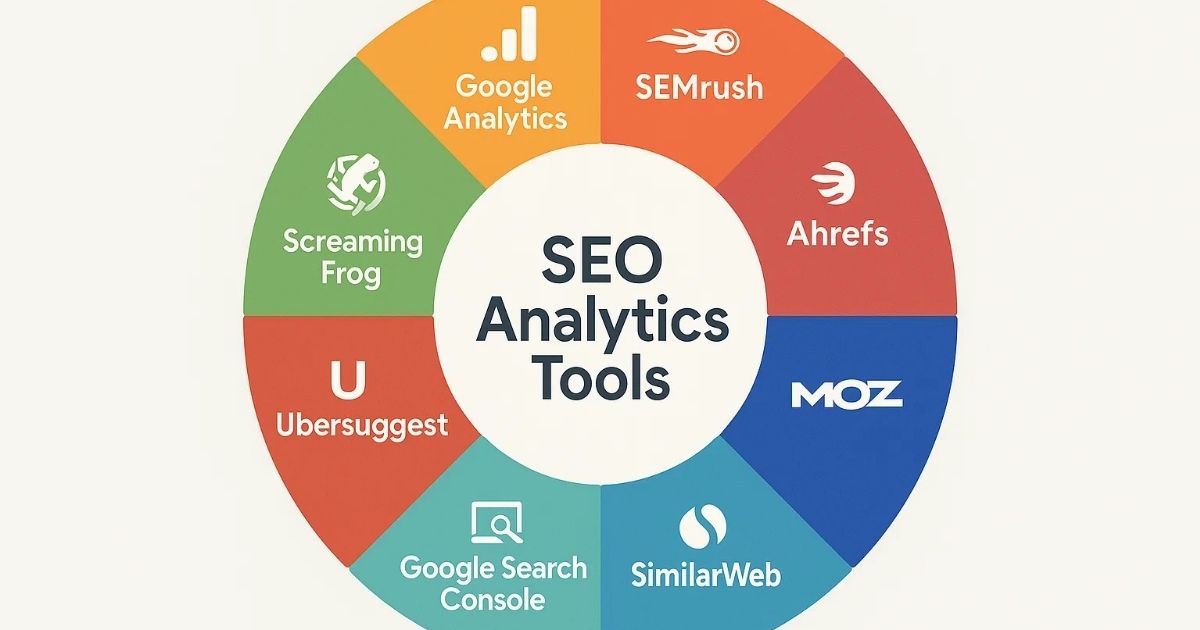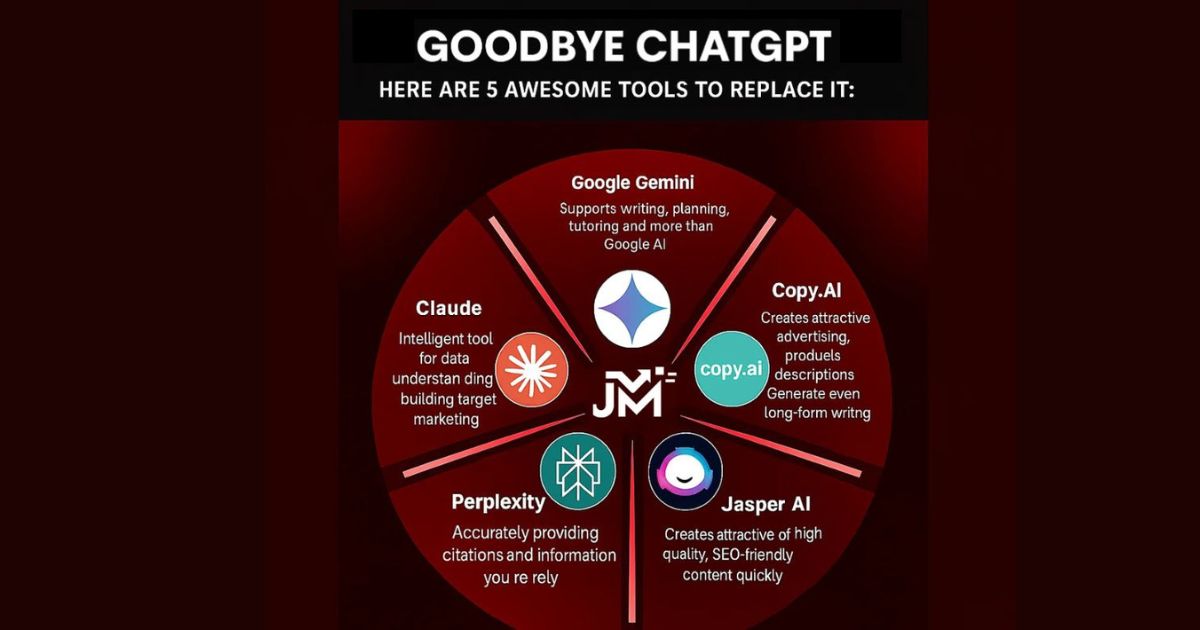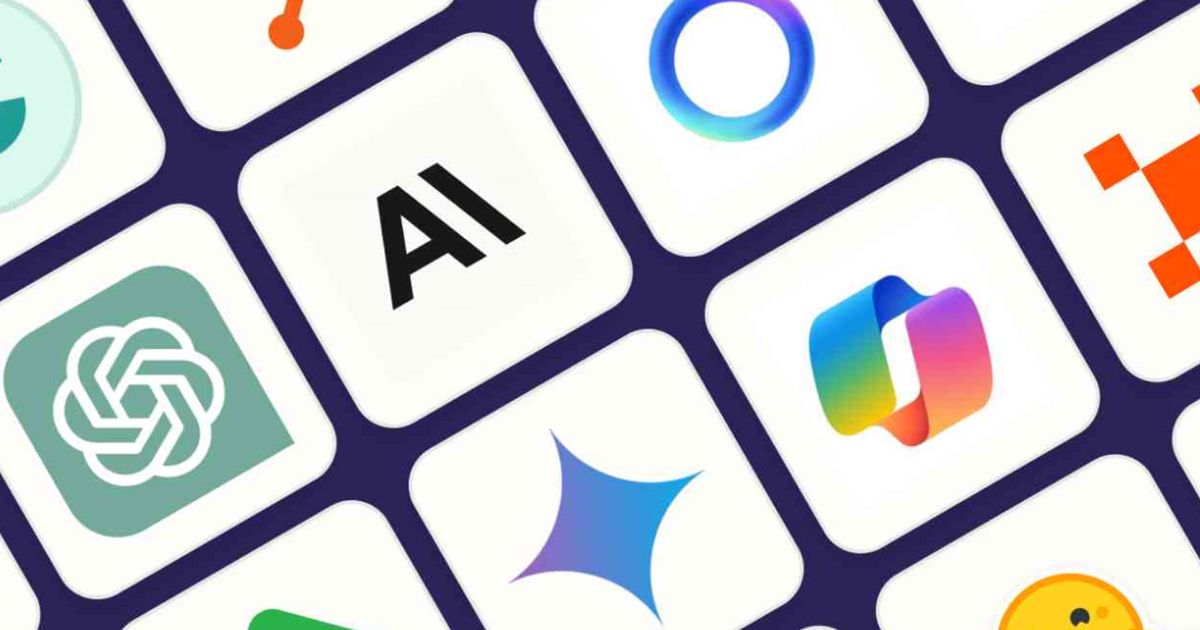Infertility is a deeply personal challenge that affects millions of couples worldwide. While the emotional and financial weight of the journey can be overwhelming, modern medicine continues to provide innovative solutions. In vitro fertilization (IVF) has long been considered one of the most effective methods for helping couples conceive, but in recent years, the integration of artificial intelligence (AI) has transformed the field of reproductive medicine.
Today, the question many ask is: “How are IVF and AI useful to overcome infertility?” The answer lies in how artificial intelligence improves precision, enhances decision-making, and significantly raises the chances of successful pregnancies. This article explores the powerful synergy between IVF and AI, highlights the role of artificial intelligence in infertility treatments, and examines why artificial intelligence in IVF may redefine the future of reproductive healthcare.
Understanding Infertility and Its Challenges

Before diving into technology, it’s important to understand the complex nature of infertility. Globally, infertility affects approximately 1 in 6 couples, making it a widespread health issue. Common causes include:
-
Ovulation disorders such as polycystic ovary syndrome (PCOS).
-
Low sperm count or motility in men.
-
Blocked fallopian tubes or endometriosis in women.
-
Age-related fertility decline, particularly after the age of 35.
-
Unexplained infertility, where no clear cause is found despite testing.
Traditional methods like medication, surgery, and intrauterine insemination (IUI) can help, but IVF has become the cornerstone of advanced infertility treatments.
The Role of IVF in Overcoming Infertility
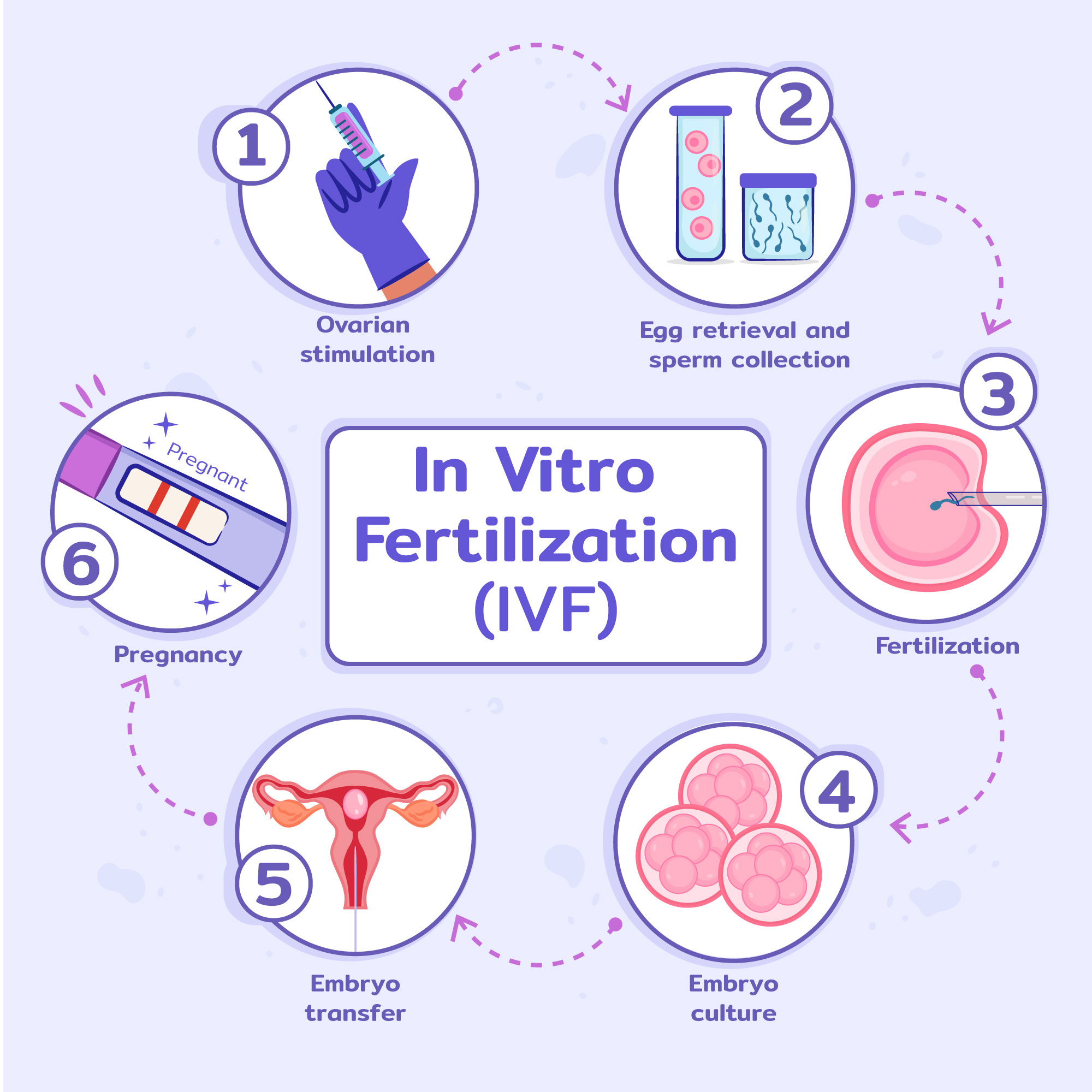
In vitro fertilization (IVF) involves retrieving eggs from the ovaries, fertilizing them with sperm in a laboratory, and transferring resulting embryos into the uterus. This process bypasses many biological barriers and creates a direct path to conception.
IVF has brought hope to countless couples, but challenges remain:
-
Success rates: The average success rate of IVF ranges from 30% to 40% per cycle, depending on age and health factors.
-
Cost: A single IVF cycle can cost between $12,000 and $20,000 or more.
-
Emotional strain: Couples often undergo multiple cycles before achieving success.
This is where AI in IVF enters the scene, offering game-changing potential for better outcomes.
Artificial Intelligence in Infertility: A Game Changer

Artificial intelligence in infertility refers to the use of machine learning algorithms and data-driven insights to improve fertility diagnosis, treatment planning, and embryo selection. Unlike traditional methods that rely heavily on human judgment, AI can process vast amounts of data with unmatched precision.
Key applications include:
-
Enhanced diagnostics – AI analyzes hormone levels, genetic profiles, and medical histories to predict infertility causes.
-
Treatment personalization – Algorithms help fertility specialists tailor medication dosages and stimulation protocols for each patient.
-
Predictive analytics – AI models forecast the likelihood of pregnancy success, guiding couples in making informed decisions.
By integrating AI, clinics can shift from generalized treatments to highly personalized care.
Artificial Intelligence in IVF: Improving Embryo Selection
One of the most crucial aspects of IVF is choosing the right embryo for transfer. Traditionally, embryologists rely on microscopic observation to assess embryo quality. However, this method is subjective and limited.
AI in IVF embryo selection offers a more accurate alternative:
-
Time-lapse imaging: AI systems analyze embryo growth patterns over several days, identifying subtle differences invisible to the human eye.
-
Morphokinetics: Machine learning evaluates how quickly embryos divide and develop, predicting which are most viable.
-
Genetic prediction: Advanced algorithms can predict chromosomal abnormalities, reducing the need for invasive genetic testing.
Studies show that AI-assisted embryo selection can improve implantation rates and reduce miscarriage risks, ultimately boosting IVF success rates.
How AI Enhances IVF Success Rates
When exploring how IVF and AI are useful to overcome infertility, success rates stand out as the most important metric. AI contributes by:
-
Identifying the best embryos – Increasing chances of healthy pregnancy.
-
Optimizing ovarian stimulation protocols – Reducing risks of ovarian hyperstimulation syndrome (OHSS).
-
Improving sperm analysis – AI-powered tools assess sperm motility, morphology, and DNA integrity with higher accuracy.
-
Reducing human error – Automated data analysis minimizes mistakes in laboratory assessments.
The result is a smoother, more reliable IVF process that gives patients greater confidence in their treatment journey.
Patient-Centered Benefits of AI in Fertility Care
Beyond scientific improvements, the integration of artificial intelligence in infertility treatments provides practical benefits for patients:
-
Shorter treatment timelines: AI reduces trial-and-error cycles by improving first-time success rates.
-
Lower financial burden: Fewer failed cycles translate into reduced costs.
-
Emotional relief: Patients face less uncertainty when outcomes are guided by data-driven insights.
-
Increased accessibility: As AI tools become more widespread, smaller clinics can adopt advanced technology without requiring large research labs.
For patients, this means more hopeful journeys and fewer disappointments.
Challenges and Limitations of AI in IVF
While AI has transformative potential, challenges remain:
-
Data privacy concerns: Patient information must be protected under strict regulations.
-
Algorithm bias: AI accuracy depends on the quality and diversity of training data.
-
Cost of implementation: High-tech AI systems require investment from clinics, which can initially raise treatment costs.
-
Human oversight: AI cannot fully replace skilled fertility specialists but should serve as a complementary tool.
Understanding these limitations ensures that patients maintain realistic expectations while embracing innovation.
Future of Infertility Treatments with AI and IVF
The future of reproductive medicine is promising, with artificial intelligence in IVF at the forefront of progress. Key advancements to expect include:
-
Non-invasive genetic testing: AI may eliminate the need for embryo biopsies, predicting genetic health from imaging alone.
-
AI-powered fertility apps: Providing personalized cycle tracking and treatment recommendations.
-
Integration with robotics: Automating laboratory tasks to improve efficiency and precision.
-
Global accessibility: As technology scales, AI-driven IVF may become more affordable and available worldwide.
These innovations mean that couples struggling with infertility today may have more effective and affordable options tomorrow.
Everyday Steps for Couples Considering IVF and AI
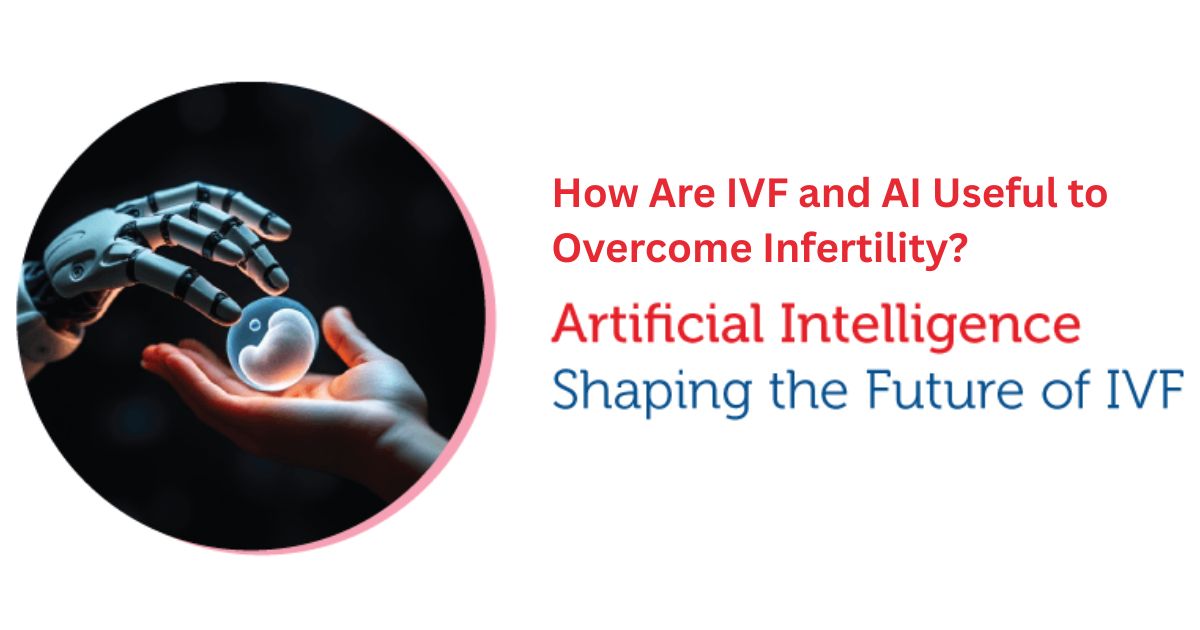
If you are considering IVF with AI support, here are practical steps to guide your journey:
-
Research fertility clinics – Look for clinics that openly advertise AI-based embryo selection or advanced diagnostic tools.
-
Ask about success rates – Compare AI-enhanced IVF outcomes with traditional approaches.
-
Inquire about costs – Understand how AI integration may affect pricing.
-
Seek counseling – The emotional aspect of infertility remains challenging, and support is crucial.
-
Stay informed – Keep up with medical advancements to ensure you benefit from the latest technologies.
Conclusion: IVF and AI as Partners in Overcoming Infertility
The question “How are IVF and AI useful to overcome infertility?” highlights a profound transformation in reproductive medicine. IVF provides a proven pathway to conception, while AI enhances accuracy, personalization, and efficiency. Together, they represent a powerful alliance that improves success rates, reduces costs, and offers new hope to couples worldwide.
As technology advances, the combination of artificial intelligence in infertility care and artificial intelligence in IVF will continue to redefine what is possible, making the dream of parenthood more accessible than ever before.





